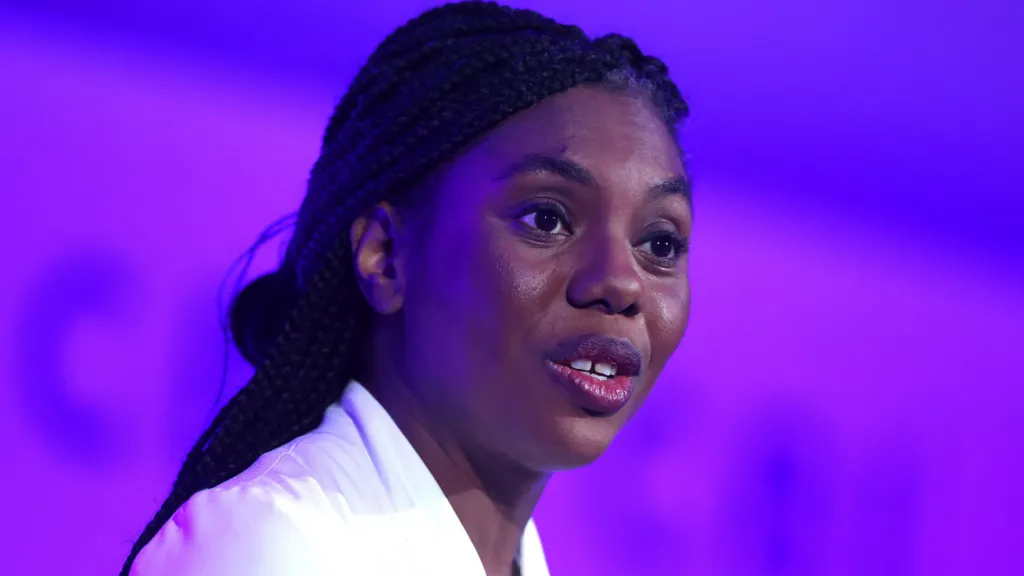THE Presidency has publicly rejected claims made by Kemi Badenoch, the British Secretary of State for Business and Trade and Leader of the Conservative Party in the UK, that Nigerian citizenship laws prevent women from passing on nationality to their children.
Responding to her remarks made during an interview with CNN’s Fareed Zakaria on Sunday, Bayo Onanuga, the Special Adviser to President Bola Ahmed Tinubu on Information and Strategy, dismissed her statement as false, misleading, and an embarrassment to the truth.
“Kemi Badenoch lied. She owes her fatherland an apology,” Onanuga wrote on his verified X (formerly Twitter) handle on Monday.
Onanuga went further to suggest that Badenoch, who was born in the UK to Nigerian parents, should return to Nigeria for what he called a “proper re-education” on the country’s constitutional provisions.
“Britain should send our lost daughter, Kemi Badenoch, home for a proper re-education,” Onanuga quipped, thanking Nigerian-British lawyer and activist Shola Shogbamimu for publicly correcting Badenoch’s remarks.
To substantiate his point, Onanuga quoted Section 25(1)(c) of the 1999 Constitution of the Federal Republic of Nigeria (as amended), which clearly states that:
“Every person born outside Nigeria either of whose parents is a citizen of Nigeria” is automatically a Nigerian citizen by birth.
The constitutional provision makes no distinction between a mother or father in this context — contradicting Badenoch’s assertion that her children could not inherit Nigerian citizenship from her because she is female.
“This is a basic legal fact. Nigerian law is clear. It recognises maternal and paternal lineage equally in terms of conferring citizenship by birth,” Onanuga stressed.
Badenoch’s controversial claim was made during her appearance on CNN, in which she contrasted the United Kingdom’s immigration policy with Nigeria’s.
“It’s virtually impossible, for example, to get Nigerian citizenship. I have that citizenship by virtue of my parents. I can’t give it to my children because I’m a woman,” she told Fareed Zakaria.
She suggested that while it is relatively easy for Nigerians to acquire UK citizenship, the reverse is difficult — citing her own experience as an example.
The remarks have since sparked backlash from Nigerians at home and abroad, many accusing her of spreading misinformation and unfairly portraying Nigeria’s legal system.
Kemi Badenoch, born in 1980 in the UK, spent part of her childhood in Nigeria before returning to Britain at the age of 16. A rising star within the Conservative Party, she has gained attention both for her political ascent and for controversial takes on race, immigration, and identity.
She has three children with her Scottish husband, Hamish Badenoch, and currently serves as a key voice in the UK’s debate on multiculturalism and immigration.
But her latest remarks have prompted accusations of distorting facts about her birth country, with some Nigerians accusing her of using Nigeria as a rhetorical device to bolster her conservative political views.
Onanuga urged public officials, especially those of Nigerian descent in the diaspora, to verify constitutional facts before making statements that could misinform international audiences and damage Nigeria’s reputation.
“We expect better from someone of her stature. Citizenship is not gender-discriminatory in Nigeria. This is basic civics,” he said.
As of press time, Kemi Badenoch had not issued a retraction or response to the backlash.







